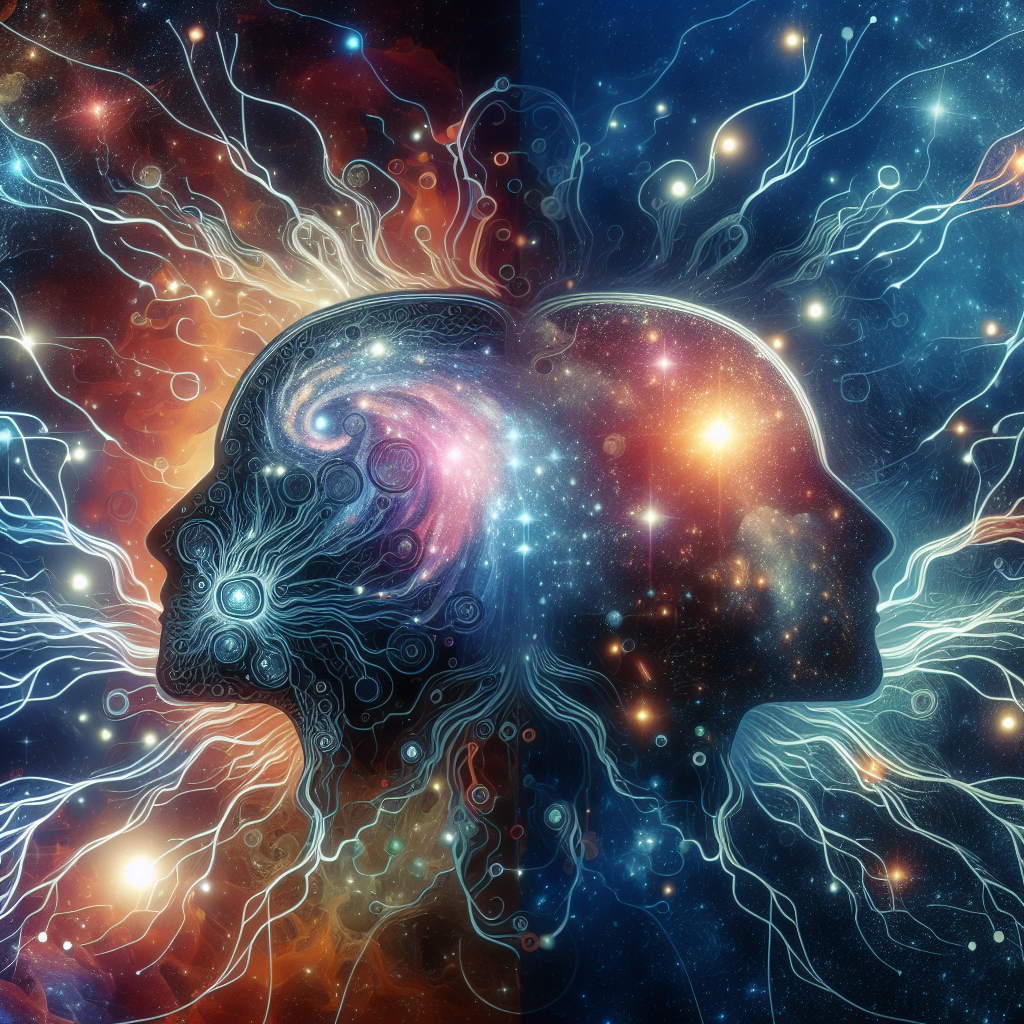Unveiling the Laughter: Interpreting Reality as a Computational Process

“Everything You See Is a Computational Process, If You Know How to Look”
“‘When you look around at the physical world, you’re seeing a two-step process, says Tomaso A. Poggio, an MIT cognitive scientist. First, the world computes itself… Then your brain looks at this result and computes an interpretation… Every process can, in principle, be understood this way, Poggio says.'”
Interpreted differently, Poggio essentially views our consciousness as a spectator to an ongoing digital performance, where each act unfolds as per specific computations. Only after the act completes, our brain determines the exact meaning of the whole spectacle. Or at least, that’s Poggio’s theory.
Being engrossed in the world of tech might be blamed for such an outlook. Still, it opens an intriguing, albeit highly controversial, lens to examine our surroundings, including ourselves. After all, we’ve been living with artificial intelligence (AI), machine-learning (ML), and other technobabble for a good deal now. No wonder some folks are analyzing their own cerebrum as a computational entity.
This ‘world as a computational model’ idea may seem outlandishly sci-fi, but it also raises legitimate inquiries about our understanding of reality. If our synapses are just number-crunching machines, does that imply our feelings and experiences are merely outputs of some cosmic calculation? Or do we dare argue that our grey matter’s computations are far more complex, nuanced, and wonderfully illogical than any supercomputer could fathom?
While these mind-bending concepts might be unsettling for some, Poggio and his ideas exemplify the importance of challenging conventional assumptions and methodologies. In his words, “‘We do not see things as they are. We see things as we are.'” This encapsulates how our perception of reality extends beyond a linear pattern of cause-and-effect – becoming a complex web of interdependencies, networks, and transformations.
Embracing this new perspective might give one a newfound respect for the complex tapestry that is our digital world. Besides, this view potentially redefines the foundations for AI and ML, suggesting a deeper shift in perception that underlines these technologies.
This beguiling concept continues to challenge our notions of reality, grounding, and technology’s role within it. While the mainstream might scoff, for now, let’s remember – great ideas were often mocked before they were admired. Even Copernicus’s heliocentric model took time to be embraced. If nothing else, Poggio is leading us down a rabbit hole that could redefine how we perceive our existence and the universe. High stakes? Definitely. Worth exploring? Most certainly.
